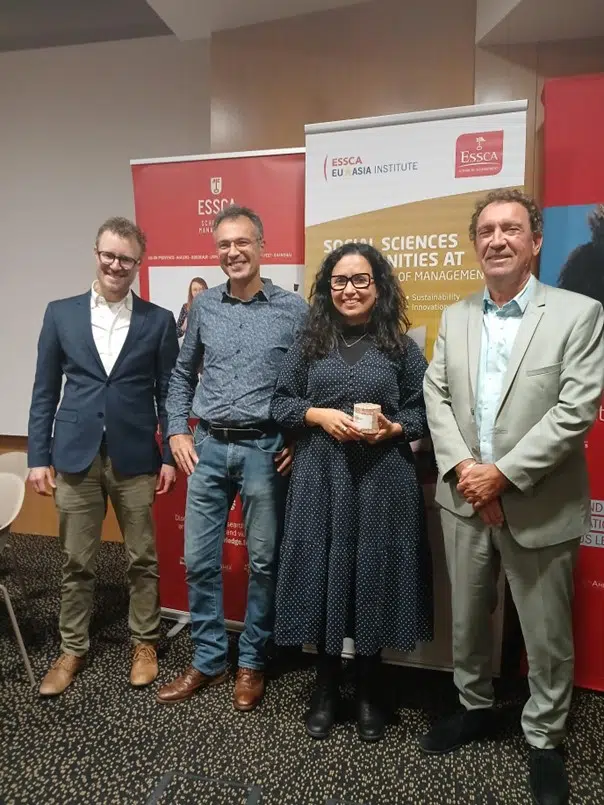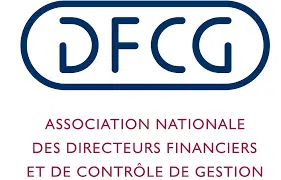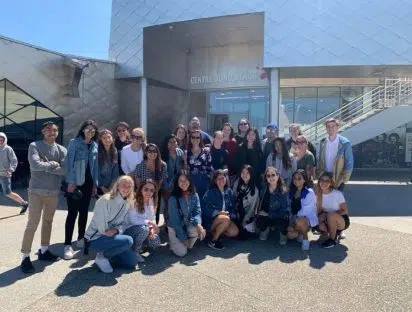On 5 November, ESSCA's Lyon campus hosted two round tables as part of the Journées de l'économie (Jéco) 2024. Members of ESSCA's EU*Asia Institute played a key role in the debates on current global economic issues.
During the first round table, 'Central bank digital currencies (CBDCs): evolution or revolution in money', Nicolas Resseguier of the Banque de France and Assen Slim and Camila Villard Duran of ESSCA's EU*Asia Institute explored the changes in the global monetary landscape.

They examined the emergence and impact of central bank digital currencies (CBDCs), including the proposed "digital euro". At the time of the discussion, 134 countries were actively researching or implementing CBDCs, covering almost the entirety of global GDP.
The roundtable explored the transition from traditional to digital currencies, emphasising the importance of trust, efficiency and global monetary cooperation.
Key topics included the differences between CBDCs and cryptocurrencies such as bitcoin, the potential impact on public trust in currency, and the expected changes in the financial sector, particularly regarding the role of banks.
The panel also considered how CBDCs could change international trade and central bank cooperation, as well as the challenges and opportunities of integrating these currencies into the global financial system. A lively discussion with participants in the plenary session further enriched the debate.
The second roundtable brought together ESSCA professors and members of the EU*Asia Institute - Alexandre Bohas, Thomas Hoerber, Stefano Valdemarin and Christoph Weber - to discuss their book The EU in a Globalized World. The discussion highlighted the challenges that the European Union faces in an increasingly complex geopolitical landscape, with a particular focus on trade, security and diplomacy.
The authors presented key findings from their book, which invites a critical analysis of Europe's evolving role in international relations and highlights the EU's exercise of power in non-traditional ways.
The book challenges classic international relations (IR) theories by demonstrating the EU's unique influence through both soft and hard power, engaging in what are commonly referred to as 'high' and 'low' politics.
For example, the book discusses the monetary policy of the European Central Bank (ECB), which has moved from a traditional "low politics" to a more prominent and politically significant "high politics" role.
The roundtable highlighted the EU's diplomatic potential and economic strength, and explored how these attributes contribute to peace-building and conflict resolution.





